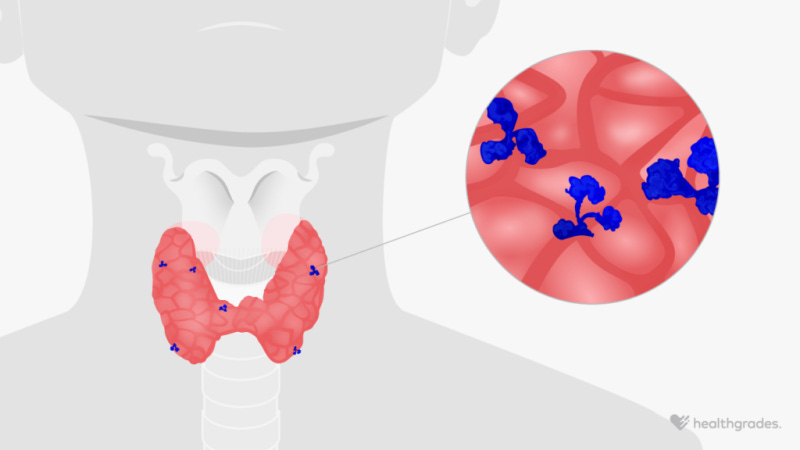Thyroiditis: Thyrotoxicosis or Hyperthyroidism
Written by Ayebamiebi Yousuo
“All hyperthyroidism is thyrotoxicosis but not all thyrotoxicosis are hyperthyroidism.”
The big question is, "Does Thyroiditis lead to Hyperthyroidism or Thyrotoxicosis?"
What is Thyroiditis?
This simply is the inflammation of the Thyroid gland. This can be either Acute, Subacute or Chronic.
So what happens to the affected cells of the thyroid gland during inflammation? First, they release their preformed thyroid hormones after which they die leading to reduced levels of thyroid hormone due to reduced synthesis and release of this hormone. This is the basis of the biphasic nature of Thyroiditis, which is an initial transient phase of thyrotoxicosis followed by hypothyroidism.
So, why Thyrotoxicosis and not Hyperthyroidism?
What is the difference?
Thyrotoxicosis as the word implies is any condition of toxic levels of thyroid hormones no matter the source of the hormone, endogenous(e.g thyroiditis) or exogenous(e.g medication)
On the other hand, Hyperthyroidism is a condition where there is increased thyroid hormone due to hyperactivity (high synthesis and high release above normal) of the thyroid gland. That is to say, the source of the hormone is always endogenous, and always as a result of hyperactivity (high synthesis and high release) of the thyroid gland.
This brings us back to the first statement, "All hyperthyroidism is thyrotoxicosis but not all thyrotoxicosis are hyperthyroidism".
In conclusion, the initial phase of a transient increase in levels of thyroid hormones due to the release of these preformed hormones from the thyroid gland is a case of thyrotoxicosis as it is not due to hyperactivity of the gland.
References:
Ross, D. S., Burch, H. B., Cooper, D. S., et al. (2016). "2016 American Thyroid Association Guidelines for Diagnosis and Management of Hyperthyroidism and Other Causes of Thyrotoxicosis." Thyroid, 26(10), 1343-1421.
Written by Ayebamiebi Yousuo from MEDILOQUY


